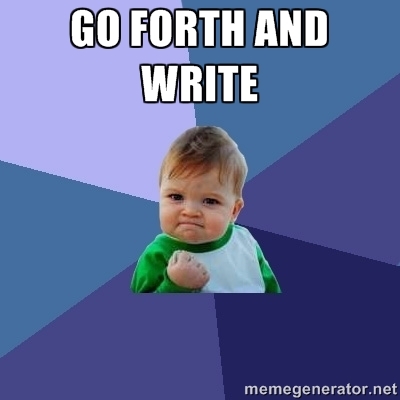POETRY MATTERS
Hi, world!
I’m a writer and a reader. I love fiction, non-fiction, creative non-fiction, sci-fi, romance, comedy, horror, mystery, you name it. But where does poetry fit into all of these genres and sub-genres? Is it one? Two? All of them? The answer is:
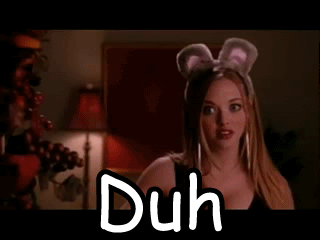
Poetry is everything. It can make you feel (which is what most people relate poetry to),
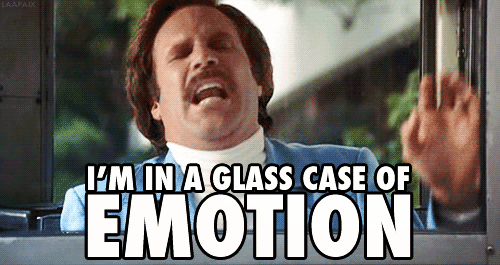
It can make you see things you never saw before,
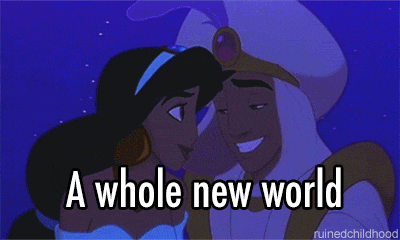
It can make you angry at society,
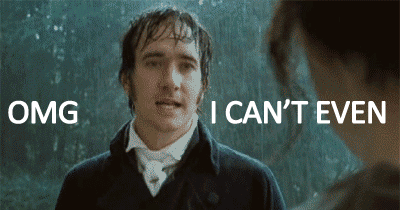
And more importantly, it can and will keep you well-versed in the context of the world in which you live, and it will keep you self-aware.
Poetry begs you to look a little deeper.
Poetry asks you to find yourself.
Poetry teaches you to feel alive with minimal words.
Poetry shows you the souls of our world.
POETRY MATTERS.
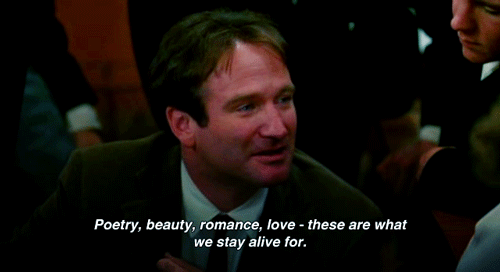
So what does it take for poetry to do what it was intended to do? When writing a poem, here are a few pointers (from successful poets) to remember.
1.) CREATE A CONVERSATION
Langston Hughes, famous poet out of the Harlem Renaissance chose a pen as his weapon in the fight for Civil Rights. He was an extraordinary individual, while traveling and doing odd jobs in and out of the country, Hughes continually wrote and published poetry. And while his poetry took a passive aggressive stance against racism and segregation, in an effort to challenge his readers of all colors, he responded to poetry of the past. In years before Hughes, poets were primarily white males, with an expected audience of white Americans. Walt Whitman (1819-1892) published “I Hear America Singing” in 1860 and in 1945 Langston Hughes added to the conversation with “I, Too.”
I, Too
Langston Hughes, 1902 – 1967
I, too, sing America.
I am the darker brother.
They send me to eat in the kitchen
When company comes,
But I laugh,
And eat well,
And grow strong.
Tomorrow,
I’ll be at the table
When company comes.
Nobody’ll dare
Say to me,
“Eat in the kitchen,”
Then.
Besides,
They’ll see how beautiful I am
And be ashamed—
I, too, am America.
2.) CAPTURE A MOMENT
You know those short poems that you leave going:
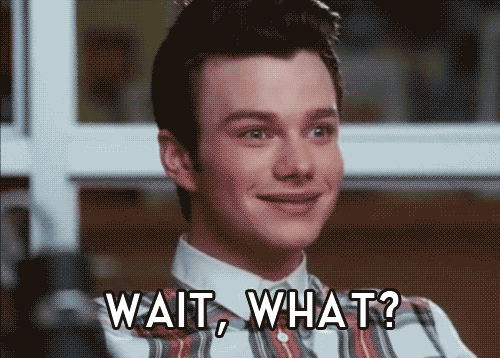
Ezra Pound does that with his poem, “In a Station of the Metro.” This two line, fourteen word poem is concise, but it’s concise for a reason. Pound creates an image that virtually freezes time. Instead of using a complete metaphor or simile, he develops an equation: line one = line two. Read for yourself.
In a Station of the Metro
Ezra Pound, 1885 – 1972
The apparition of these faces in the crowd;
Petals on a wet, black bough.
3.) GIVE A THOUGHT
In “Lady Lazarus” by Sylvia Plath we hear a shocking truth: the speaker attempts suicide once every ten years. But along with this image, Plath provokes thought from her audience by providing literary allusions of many kind. She references the Holocaust, the New Testament, and Mythology. All of these represent her overlaying message, but it is the allusions that leave the audience wondering about the reality of the suicide attempt, not the suicide attempt itself.
Lady Lazarus
Sylvia Plath, 1932 – 1963
I have done it again.
One year in every ten
I manage it–
A sort of walking miracle, my skin
Bright as a Nazi lampshade,
My right foot
A paperweight,
My face a featureless, fine
Jew linen.
Peel off the napkin
O my enemy.
Do I terrify?–
The nose, the eye pits, the full set of teeth?
The sour breath
Will vanish in a day.
Soon, soon the flesh
The grave cave ate will be
At home on me
And I a smiling woman.
I am only thirty.
And like the cat I have nine times to die.
This is Number Three.
What a trash
To annihilate each decade.
What a million filaments.
The peanut-crunching crowd
Shoves in to see
Them unwrap me hand and foot–
The big strip tease.
Gentlemen, ladies
These are my hands
My knees.
I may be skin and bone,
Nevertheless, I am the same, identical woman.
The first time it happened I was ten.
It was an accident.
The second time I meant
To last it out and not come back at all.
I rocked shut
As a seashell.
They had to call and call
And pick the worms off me like sticky pearls.
Dying
Is an art, like everything else.
I do it exceptionally well.
I do it so it feels like hell.
I do it so it feels real.
I guess you could say I’ve a call.
It’s easy enough to do it in a cell.
It’s easy enough to do it and stay put.
It’s the theatrical
Comeback in broad day
To the same place, the same face, the same brute
Amused shout:
‘A miracle!’
That knocks me out.
There is a charge
For the eyeing of my scars, there is a charge
For the hearing of my heart–
It really goes.
And there is a charge, a very large charge
For a word or a touch
Or a bit of blood
Or a piece of my hair or my clothes.
So, so, Herr Doktor.
So, Herr Enemy.
I am your opus,
I am your valuable,
The pure gold baby
That melts to a shriek.
I turn and burn.
Do not think I underestimate your great concern.
Ash, ash–
You poke and stir.
Flesh, bone, there is nothing there–
A cake of soap,
A wedding ring,
A gold filling.
Herr God, Herr Lucifer
Beware
Beware.
Out of the ash
I rise with my red hair
And I eat men like air.
4.) MAKE THEM SEE
If you’ve taken any writing courses, you know that imagery is your best friend. You can’t overuse it, but many of us underuse it all the time. In poetry, imagery is sometimes all you need to accomplish your message. Even when a poem has no story-line, imagery creates a setting to remember, and it appeals to every sensory mode, not just sense of sight. Elizabeth Bishop does this exceptionally well in “The Fish.” Perhaps this poem has a deeper meaning than simply a day of fishing, but even if it doesn’t, Bishop’s descriptions make us feel like we’re the ones holding this said fish.
The Fish
Elizabeth Bishop, 1911 – 1979
I caught a tremendous fish
and held him beside the boat
half out of water, with my hook
fast in a corner of his mouth.
He didn’t fight.
He hadn’t fought at all.
He hung a grunting weight,
battered and venerable
and homely. Here and there
his brown skin hung in strips
like ancient wallpaper,
and its pattern of darker brown
was like wallpaper:
shapes like full-blown roses
stained and lost through age.
He was speckled with barnacles,
fine rosettes of lime,
and infested
with tiny white sea-lice,
and underneath two or three
rags of green weed hung down.
While his gills were breathing in
the terrible oxygen
—the frightening gills,
fresh and crisp with blood,
that can cut so badly—
I thought of the coarse white flesh
packed in like feathers,
the big bones and the little bones,
the dramatic reds and blacks
of his shiny entrails,
and the pink swim-bladder
like a big peony.
I looked into his eyes
which were far larger than mine
but shallower, and yellowed,
the irises backed and packed
with tarnished tinfoil
seen through the lenses
of old scratched isinglass.
They shifted a little, but not
to return my stare.
—It was more like the tipping
of an object toward the light.
I admired his sullen face,
the mechanism of his jaw,
and then I saw
that from his lower lip
—if you could call it a lip—
grim, wet, and weaponlike,
hung five old pieces of fish-line,
or four and a wire leader
with the swivel still attached,
with all their five big hooks
grown firmly in his mouth.
A green line, frayed at the end
where he broke it, two heavier lines,
and a fine black thread
still crimped from the strain and snap
when it broke and he got away.
Like medals with their ribbons
frayed and wavering,
a five-haired beard of wisdom
trailing from his aching jaw.
I stared and stared
and victory filled up
the little rented boat,
from the pool of bilge
where oil had spread a rainbow
around the rusted engine
to the bailer rusted orange,
the sun-cracked thwarts,
the oarlocks on their strings,
the gunnels—until everything
was rainbow, rainbow, rainbow!
And I let the fish go.
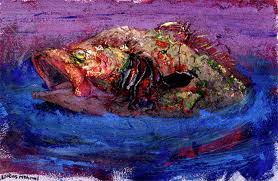
5.) TELL A STORY
Many people are convinced that fiction (novels and short stories) are the only appropriate place for settings, plots, climaxes, and conclusions. But they’re wrong. Poetry can often tell a more descriptive, more meaningful story in a few short stanzas than many lengthy novels. Take “My Papa’s Waltz” by Theodore Roethke for example. While its connotation is debatable, there is no denying the rising action that leads to a young speaker being put to bed by his father.
My Papa’s Waltz
THEODORE ROETHKE
The whiskey on your breath
Could make a small boy dizzy;
But I hung on like death:
Such waltzing was not easy.
We romped until the pans
Slid from the kitchen shelf;
My mother’s countenance
Could not unfrown itself.
The hand that held my wrist
Was battered on one knuckle;
At every step you missed
My right ear scraped a buckle.
You beat time on my head
With a palm caked hard by dirt,
Then waltzed me off to bed
Still clinging to your shirt.
6.) HELP THEM HEAR
Robert Frost’s “The Road Not Taken” has long been read as an encouraging piece of graduation speeches and other “appropriate” settings. But many scholars have argued that the connotation of this famous poem has been compromised since its publication. Frost uses language and form to achieve this poem, he creates rhythm with rhyming words and succinct stanzas. But perhaps a recording of Frost reading his poem is what suggests the misread connotation. In this audio file, you can hear the inflection in Frost’s voice, moving where you wouldn’t expect it to move if its meaning were what we had expected.
Robert Frost reads The Road Not Taken
This list of six suggestions is one that will get you far as you journey into the world of poetry.
Write on my friends, write on.
